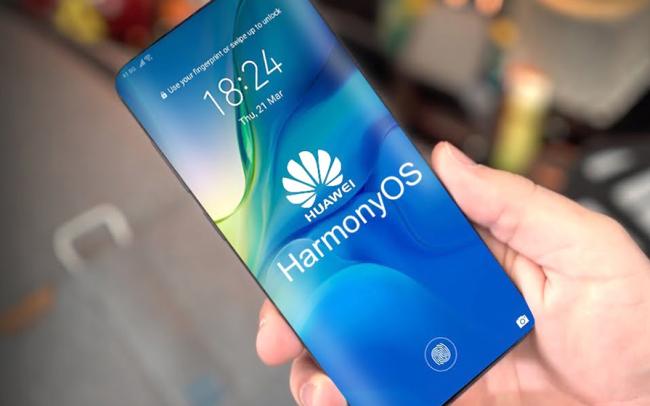Huawei’s first HarmonyOS phones coming next year. The months continue to pass, and despite the fact that many may have already forgotten the issue, the US veto of Huawei seems to be reaching its peak. And Richard Yu, Huawei’s executive director of consumer business, has just confirmed that the company is preparing to launch the first smartphones with HarmonyOS, Huaweri’s own operating system, next year.
Huawei HarmonyOS phones will be alternative to Google Android devices
We already see an operating system for their computers, televisions, and other IoT devices in China, it seems that finally Huawei intends to make HarmonyOS 2.0 a global alternative to Android.
In fact, the company recently published data confirming that this ecosystem currently has more than 700 million monthly active users, 1.6 million registered developers, and up to 81,000 applications already connected to HMS Core, as an alternative service.
Thus, the company is expected to present the new HarmonyOS 2.0 during the next developer conference, Huawei Developer Conference 2020, this Thursday, September 10, where the presentation of new products has also been confirmed. We expect to see the first smartphones adapted to this new operating system.
- Huawei MatePad T10s: 10-inch screen and great battery
- How to connect PS4 controller to iPhone, iPad and Android?
- Honor introduced two new tablets, Pad 6 and Pad X6

Operating system is not the only challenge for Huawei
In addition to the phone operating system problem which will they solve with HarmonyOS, Huawei faces a major hurdle for its phone business after TSMC President Liu Deyin confirmed that its chip factory will not accept new orders from Huawei. As Richard Yu himself explained, “under US sanctions, TSMC only accepted orders before September 15. After September 15, they will not be able to produce chips for Huawei. The Kirin 9000 could be our last generation of high-end chips.”
However, according to various sources, Huawei is already negotiating with MediaTek for the manufacture of its next components. Another alternative would be allying with the Chinese company Qualcomm, and they already expressed their interest to equip the next 5G mobile phones of the brand.





